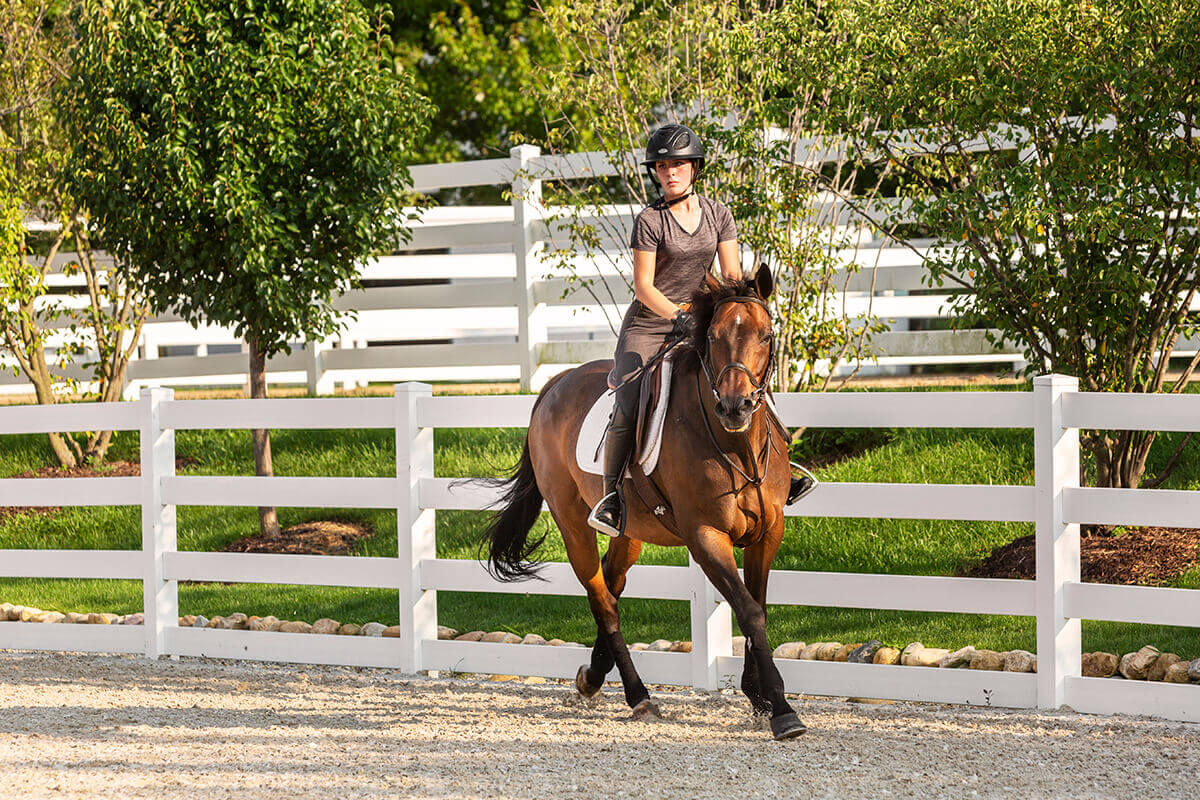
Equestrian training is a journey that requires dedication, patience, and continuous learning. Whether you are a beginner rider or a seasoned equestrian, there are always ways to improve your skills and take your training to the next level. This article will provide valuable tips and strategies to help you transition from a novice rider to a skilled professional in the world of equestrian sports.
Setting Goals for Progress
Establish Clear Objectives
- Identify specific areas you want to improve in your equestrian training, such as jumping technique, dressage movements, or horse care skills.
- Set realistic and achievable goals that will challenge you but are also within your reach.
- Monitor your progress regularly and make adjustments to your goals as needed to stay motivated and on track.
Create a Training Plan
- Develop a structured training plan that includes a mix of riding sessions, ground work, and cross-training exercises.
- Schedule regular practice sessions to work on specific skills and techniques, and vary your training to keep both you and your horse engaged.
- Seek guidance from a professional trainer to help you create an effective training plan tailored to your individual needs and goals.
Improving Riding Skills
Focus on Proper Positioning
- Work on maintaining a balanced and secure seat while riding to improve your stability and communication with your horse.
- Practice correct posture, leg position, and hand placement to enhance your control and connection with your horse.
- Take lessons with a qualified instructor to receive feedback on your riding position and make necessary adjustments for better performance.
Enhance Communication with Your Horse
- Develop clear and consistent aids that help your horse understand your cues and commands effectively.
- Practice using your seat, legs, and hands in harmony to communicate with your horse and establish a strong partnership.
- Learn to read your horse's body language and responses to improve your communication and connection during training sessions.
Building a Strong Partnership with Your Horse
Focus on Trust and Respect
- Build a foundation of trust and respect with your horse through consistent and positive interactions both on the ground and in the saddle.
- Establish clear boundaries and expectations to create a harmonious relationship based on mutual understanding and cooperation.
- Take the time to bond with your horse through grooming, hand grazing, and other non-riding activities to strengthen your connection.
Practice Patience and Consistency
- Be patient and understanding with your horse as you work together to overcome challenges and achieve your training goals.
- Consistently reinforce good behavior and correct undesirable habits to help your horse learn and progress in their training.
- Avoid becoming frustrated or rushing progress, and focus on building a solid foundation of trust and communication over time.
Seeking Ongoing Education and Training
Take Lessons with Experienced Professionals
- Invest in regular lessons with qualified equestrian trainers who can provide valuable feedback and guidance to help you improve your skills.
- Seek out instructors with experience in your specific discipline or area of interest to receive specialized instruction tailored to your needs.
- Attend clinics, workshops, and training camps to learn from top riders and trainers in the equestrian community and broaden your knowledge base.
Stay Informed and Engaged in the Equestrian Community
- Read equestrian publications, books, and online resources to stay up to date on the latest training techniques, trends, and best practices in the industry.
- Network with other riders, trainers, and professionals in the equestrian community to exchange ideas, share experiences, and expand your support network.
- Participate in competitions, shows, and events to gain valuable experience, feedback, and exposure to different riding environments and challenges.
Conclusion
Transitioning from a novice rider to a skilled professional in equestrian training requires dedication, perseverance, and a commitment to continual improvement. By setting clear goals, focusing on improving your riding skills, building a strong partnership with your horse, and seeking ongoing education and training, you can elevate your equestrian skills to new heights. Remember that progress takes time, patience, and consistency, so enjoy the journey and celebrate each milestone along the way.
